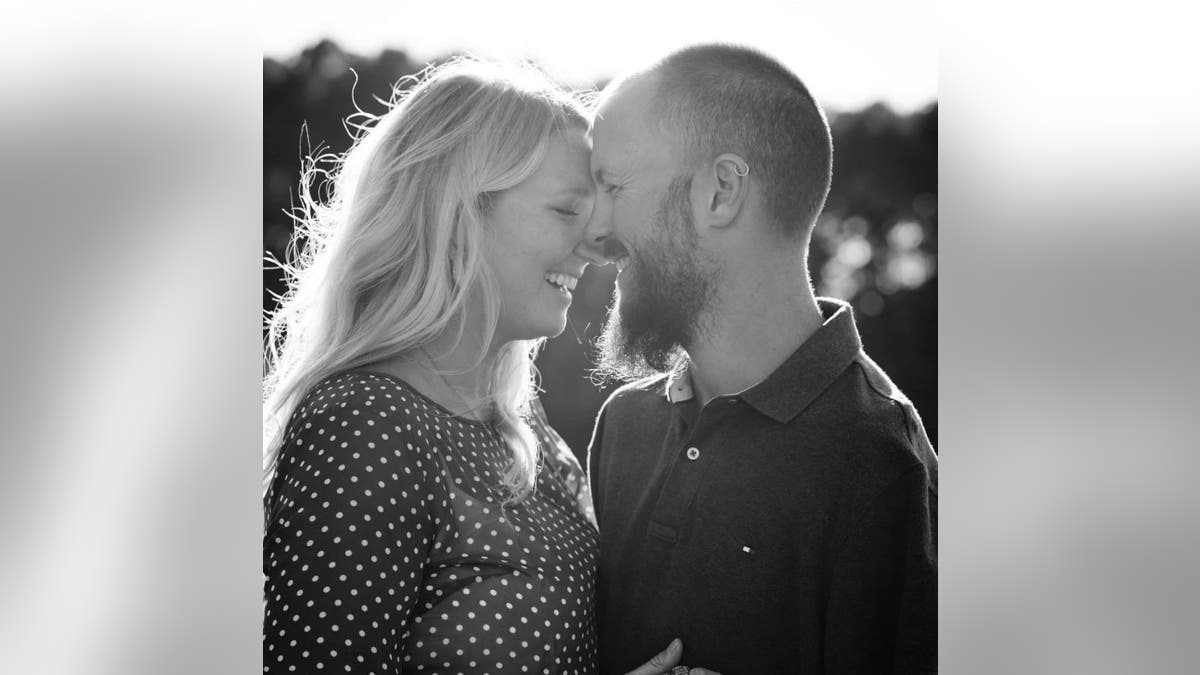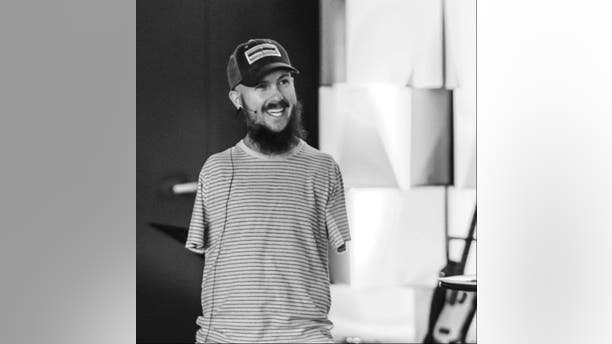
(danielritchie.org)
“Weirdo.”
“Gross.”
“Freak.”
Those are words I’ve had spoken to me over the past few years at restaurants. All of them, directed at me, not because I was doing anything offensive, mind you. No, I was being shamed because I was eating. The issue is … that I don’t eat like everyone else. I eat with my feet.
I also drive with my feet and brush my teeth with my feet.
I do everything with my feet because I was born without arms. But, that doesn’t limit me. By God’s grace, I’ve been able to live a full life that has included graduating college, marrying my best friend Heather, raising two beautiful kids and serving in ministry for over a decade. The way I’ve lived my life isn’t much different than anyone else.
Well, from my perspective, at least.
The issue comes from the fact that the outside world sees me as “different.” It is that label that I’ve worn for 33 years. And it can be a lonely badge to wear, because I don’t have a tribe to call my own. I can count on one foot the number of people I’ve met face to face who were born without both arms. So, that reality made being armless an isolating proposition. I had very, very few people in my life who knew exactly what I was going through.
So, I was different and I knew it. But the problem came when others wanted to let me know. I remember coming home from a trip to the grocery store with my mom at seven years old, in tears because someone had said insulting things to me. There was the time that I had to fend off a rude kid at Disney World — the happiest place on earth. And then there was the time my parents and I were asked to leave a restaurant because I was eating with my feet.
I was no longer who people said I was. I was who God said I was.
The stares, insults and words of others began to trickle into my conscience, alter my self-worth and erode any foundation of value that I had. I felt like the odd man out, with nowhere to turn outside of close family and friends. I was beginning to succumb to the chorus of negativity. I was different and apparently, that was a bad thing.
The weight of being different became more than I could bear as I grew into my teenage years. The words of others began to warp my perception of the value of my life. I felt like damaged goods, broken and unlovable. Isolation and darkness were beginning to sweep over me. I started to hate myself and other people.
It was in this time of loneliness and negativity that I came across a Psalm in the Bible that would change my perspective and my life. It was Psalm 139, where King David praises God for forming him while he was still in his mother’s womb. In verse 14, he says, “I praise you, for I am fearfully and wonderfully made. Wonderful are your works; my soul knows it very well.”
I sat in my room and let that verse wash over me. Wonderful are your works God. You have taken your time to make me just like I am. I am not an accident or a genetic mutation. I am, by all accounts, different by design.
God didn’t offer up an “Oops” when He made me. Everything went according to plan and when He formed me, He saw His work as wonderful. And it was in that moment that I began to see it as wonderful, as well. My sense of self-worth, value and identity shifted.
I was no longer who people said I was.
I was who God said I was.
It was at this time that something even more amazing happened. I began to see others as wonderful, too. What was true of me, was true of them —regardless of how different they may be. African-American or Hispanic, liberal or conservative, Christian or not. Arms or armless. Each and every life has God-given value that I must acknowledge. But, it doesn’t stop there. I’m commanded to love them.
That change in my perspective, the realization of that truth, has altered the scope of my entire life. And I believe it’s only that perspective that can change how we relate to one another in our increasingly vitriolic and divided culture —a culture where many demand that their differences are celebrated, but are offended by the different ethnicities or political ideologies of others. In that place, we have to see people first as God sees them. We have to approach them in love and with an understanding of their worth, before we can engage them in cultural dialogue.
In this, there can be no compromise.
Different was His design.
Not a call to arms.





















